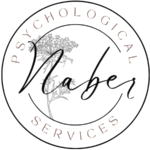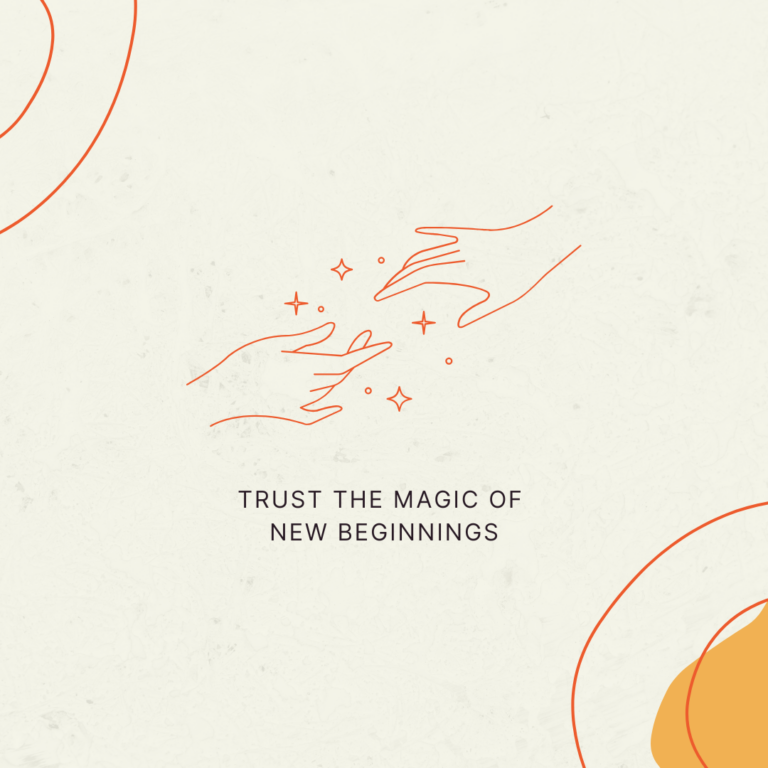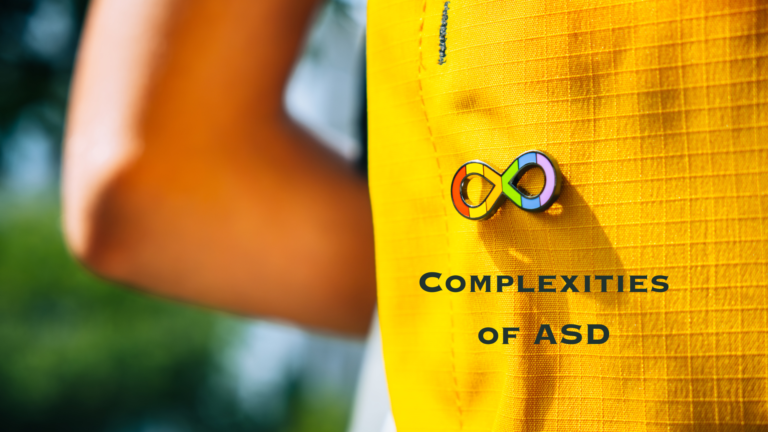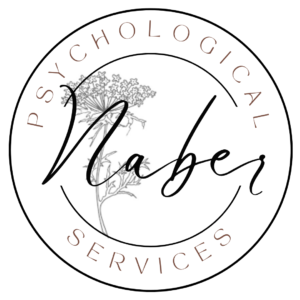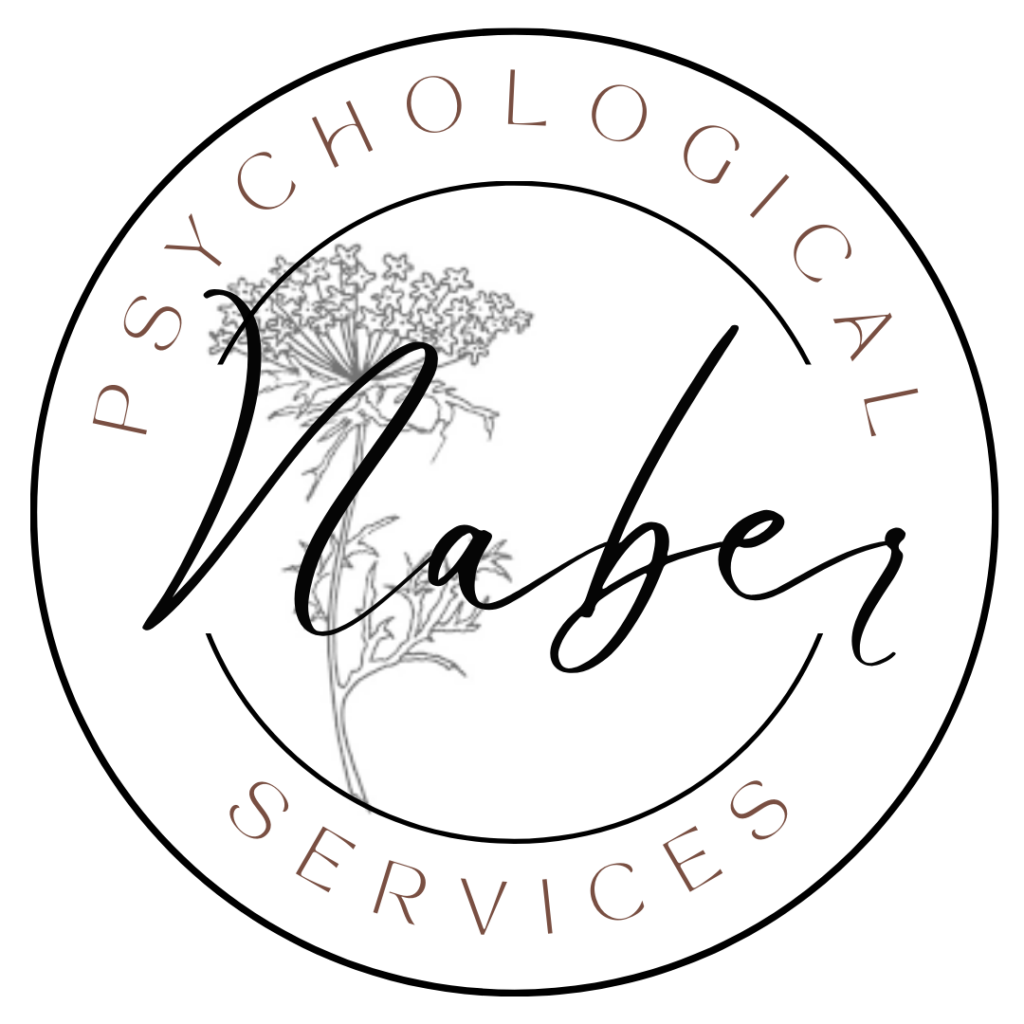What if we are Innately Good?
For just one moment, suspend your automatic beliefs about human nature and be willing to explore the possibility that there is no inherent sin nature—only free will. What if a child’s will is free to desire, to reject, to feel frustration, to cling, to fear, to love, and to laugh? What if these actions are not “bad,” “naughty,” “selfish,” or “sinful,” but rather just responses to unmet needs? Basic needs, as outlined by Maslow’s hierarchy, include nourishment (food, water, warmth, rest), nurturing (security, safety), and belonging (intimate relationships, connection, being wanted, being cherished).
Gabor Maté writes in The Myth of Normal, “Maybe [a child’s behavior] expresses a need frustrated, a communication unheard, an emotion unprocessed.” A child’s need for food, exploration, curiosity, and learning fuels their drive to understand the limits of their world. They wonder, will my caregiver set boundaries to keep me safe? Their minds, expanding rapidly, devour every detail and absorb their environment.
Now, imagine if this child, this adolescent, and eventually this adult, believed they were innately good. To hold this countercultural belief—that humans are good—stands in opposition to Judeo-Christian teachings and the deeply embedded American notion that we are inherently sinful. Yet, what if embracing our innate goodness could revolutionize humanity? Children would grow up knowing they are good, loving themselves from the start, rather than beginning life with shame, secrecy, or a frantic attempt to get their basic needs met.
If selfish behaviors were no longer considered the “natural” state of humankind—something to be resisted, hidden, or white-knuckled against—but instead understood as expressions of unmet needs, we might ask ourselves a different question: What do I need? or How can I live in a way that meets my needs in an adaptive and healthy manner? If we believed we were good and deserving, we would naturally seek fulfillment in ways that honor our well-being.
Rethinking Sin and Self-Worth
What would happen if we fully believed in our own goodness, even in moments of selfishness, anger, or pain? Instead of succumbing to shame, we might check in with ourselves: What is hurting within me? What need is unmet? How can I communicate this or fulfill it in a healthy way?
It is often believed that focusing on our needs is selfish, but even ancient ethicists such as Socrates recognized that caring for oneself equates with caring for others. In my experience, both personally and in my clinical work, people rarely challenge the belief of their own innate badness until the second half of life—if they ever do. But when they finally open themselves to the possibility of their own inherent goodness, they gain the capacity to love themselves, others, and the world more fully.
The Science of Positive Reinforcement
Psychology and behavioral science have repeatedly demonstrated that humans and animals exhibit lasting change through positive reinforcement, encouragement, and belief in their ability to grow. Punishment, criticism, restriction, and withholding may elicit short-term compliance, but they do not foster authentic transformation.
What if the belief in innate goodness is directly linked to the belief in unconditional love and inherent worth? Many religious teachings assert that we are born into sin and yet must eradicate it while also claiming that God unconditionally loves us. This paradox—being both sinners and yet striving for an unattainable perfection—creates cognitive dissonance.
We are told that we are saved from our sins, yet we must also confess them, serve the less fortunate, follow commandments, and perform an ever-expanding list of moral obligations. We are supposedly saved by faith, not works, yet we must prove our salvation through good works. This contradictory message leaves us in a cycle of striving, shame, and self-doubt, leading us to polish the outside of the cup while hiding our wounds, pain, and loneliness inside.
This internal conflict, known as doublethink, forces us to accept two opposing beliefs as truth, making it impossible to truly feel unconditionally loved. When love is tied to impossible standards, it ceases to be understood as unconditional.
Finding Love Beyond Fear
Perhaps at this point, you’re thinking, I should stop reading—just entertaining this idea might get me struck by lightning. But I encourage you to keep going. Maybe, in the questioning and wrestling, we will find the divine. Maybe we will find them standing right beside us with open arms, saying:
Come to me, all who are weary and burdened, and I will give you rest, the rest of unconditional love, acceptance, and self-compassion. You do not need to hide or polish yourself. You are perfect exactly as you are. I made you good, loving, curious, and kind.
If we accepted ourselves as inherently good, would our behaviors change? Could we aspire to even greater goodness? We see this dynamic at play in our everyday lives. Children thrive when parents, teachers, and coaches believe in their potential. When someone sees our innate goodness and resilience, we rise to meet that belief.
The pain and suffering in this world stem from unmet needs, deep wounds, and frantic, maladaptive attempts to find fulfillment. But if every human knew—deep in their core—that they were valuable, precious, and loved, we might begin to see a different world. From a place of love and wholeness, we would extend love outward, allowing goodness to spread like ivy or kudzu, taking root and covering everything in its path.
I choose to believe in our goodness.
Post Script
I acknowledge that this is by no means a complete or exhaustive exploration of concepts like inherent depravity, original sin, fallen nature, or the shadow self. Instead, this is a journey down the other side—a curiosity about the self-deprecating, self-hating condition that pervades humanity today.
